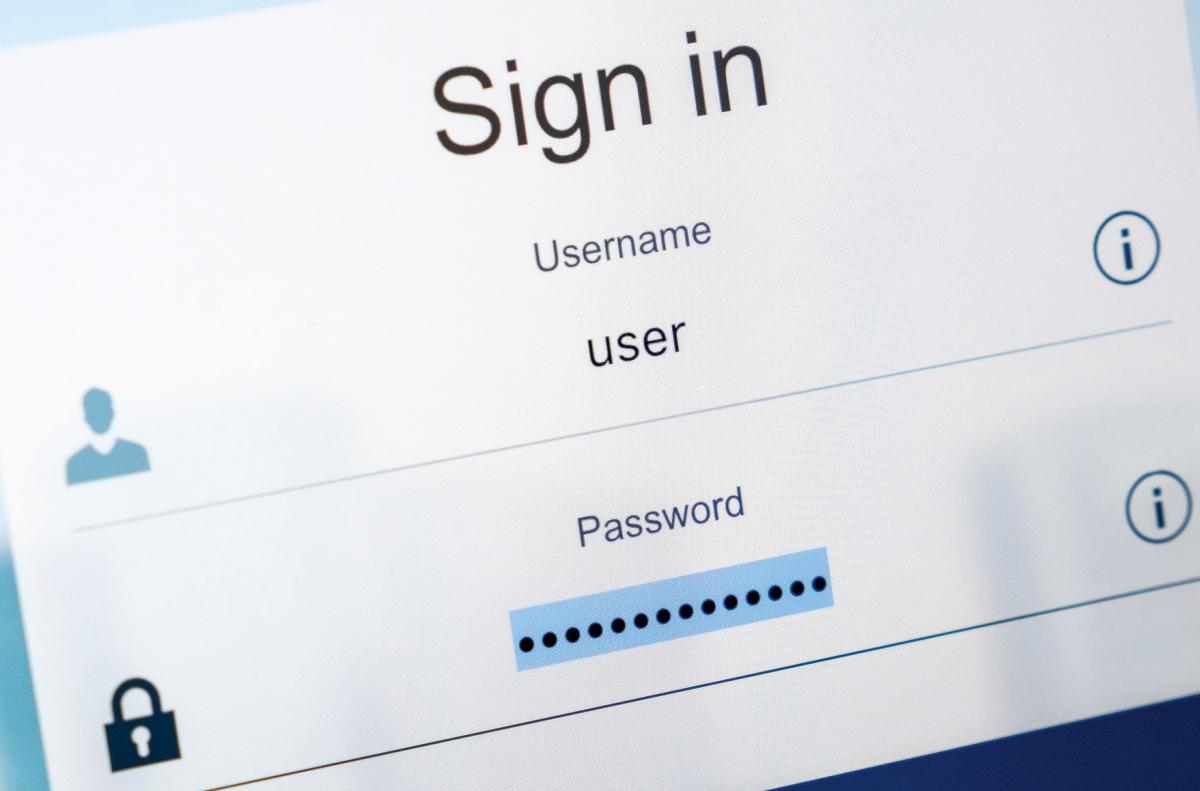When people use the Internet, cell phones, or other devices to send or post text or images intended to hurt, intimidate or embarrass another person – this is cyberbullying.
It can be a painful experience, especially when it affects school learners who are also using technology and social media to communicate with friends and family.
According to Basic Education spokesperson Elijah Mhlanga, cyberbullies use voice messages, text messages, images, videos, websites or personal web pages to repeatedly harass, intimidate or embarrass another person or a group of people.
In most cases, Mhlanga said, bullies pretend to be other people online to trick others.
They spread lies and rumours about victims; trick people into revealing personal information; send or forward mean text messages; and post pictures of victims without their consent.
“Cyberbullying can pose a serious barrier to learning when it is directed to learners,” he said.
Mhlanga advised learners to never give out their personal information online, whether in instant message profiles, chat rooms, blogs or personal websites.
“They must protect their passwords. The only people who should know their passwords are their parents,” said Mhlanga.
The department has the following tips for learners who have been victimised and those who know someone who is being cyberbullied:
- If someone sends a mean or threatening message, do not respond. Save it or print it out and show it to an adult.
- Never open emails from someone you do not know or from someone you know is a bully.
- Do not put anything online that you would not want your friends or classmates to see.
- Do not send messages when you are angry.
- Help children who are bullied online by not joining in.
- Show bullying messages to an adult.
- Always be as polite online as you are in person.
- Be aware that cyberspace is public space and online messages are permanent.
He also said parents should know about cyberbullying and get involved in preventing it.
What parents should look out for:
- Emotional signs: Your child becomes withdrawn or shy, shows signs of depression, is extremely moody or agitated, is anxious or overly stressed out, and shows signs of aggressive behaviour.
- Academic signs: Your child does not want to go to school, gets into trouble at school, skips school, loses interest in school and their marks suffer.
- Social signs: Your child suddenly stops using the computer, changes eating or sleeping habits and has nightmares, no longer wants to participate in activities they once enjoyed, they hurt themselves, attempts or threatens suicide and suddenly changes friends.



 Facebook
Facebook Twitter
Twitter WhatsApp
WhatsApp